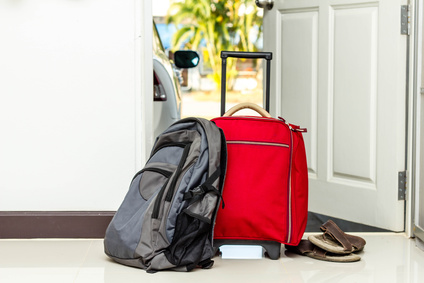
Ministry of Health, Labour and Welfare announced that unauthorized private homes for ‘Minpaku ( lodging in private home for vacation rental in English)’ grasped by the local governments rapidly increased from 62 in 2013 to 131 in 2014. In many cases, the local governments figured out unlicensed Minpaku with reports from local residents and guests using Minpaku. Also, they were often discovered through inspections by local public health centers.
The ratio of Minpaku providers cancelling their services after the administrative guidance accounted for around 60% of the total, and the ratio of those acquiring licenses was just 20 to 30%.
The ministry’s research also finds that all of 142 surveyed local governments have received consultations about a business license on private home under the current Hotel Business Act, and out of the total 53 local governments said that the consultations increased.
Out of the total of 142 local governments, 46 answered that they have had cases not to approve Minpaku before. The actual number of unapproved cases was 215 nationwide. The top reason was in conflict with the Hotel Business Act (92 cases or 43% of the total), and in detail the floor rule in the Hotel Business Act was the biggest problem (47 cases or 51% of the total). Also, there were many cases violating the Building Standards Act (84 cases or 39% of the total).
The data is based on the results of hearing survey about the Hotel Business Act to 142 local governments by the ministry, which was released in the discussion meeting on the Minpaku service on November 27 2015. The ministry issued a notice on thorough compliance of the Hotel Business Act to local governments in July 2014.
In Japanese



